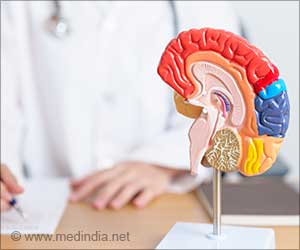
A group of 248 girls aged 12-19 (average age: 14.8) took part in the survey. These girls were asked to provide information on their Internet and television viewing habits. Regarding the latter, they were asked to give the number of popular shows related to extreme standards of physical image (the "Barbie" model) that they watched. The girls also filled out questionnaires that examined their approach to slimming, bulimia, physical satisfaction or dissatisfaction, their general outlook on eating, and their sense of personal empowerment.
The results showed that the more time girls spend on Facebook, the more they suffered conditions of bulimia, anorexia, physical dissatisfaction, negative physical self-image, negative approach to eating and more of an urge to be on a weight-loss diet.
Extensive online exposure to fashion and music content showed similar tendencies, but manifested in fewer types of eating disorders. As such, the more the exposure to fashion content on the Internet, the higher a girl's chances of developing anorexia. A similar direct link was found between viewing gossip- and leisure-related television programs (the likes of "Gossip Girl") and eating disorders in adolescent girls.
The study also revealed that the level of personal empowerment in these girls is negatively linked to eating disorders, such that the higher the level of empowerment, the more positive the physical self-image and the lower the chances of developing an eating disorder.
Source-ANI









